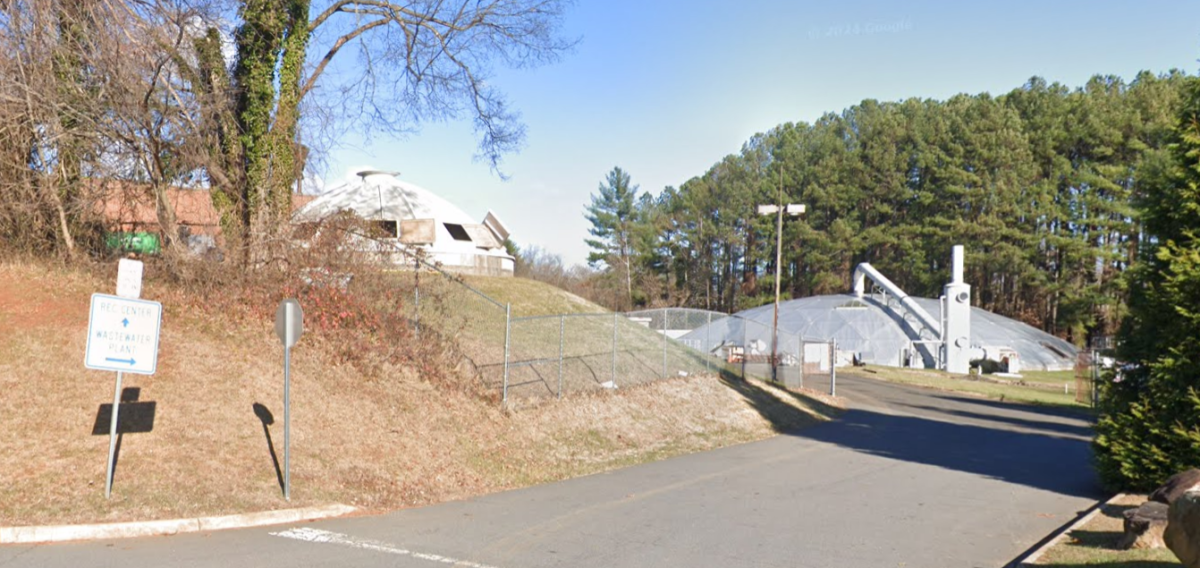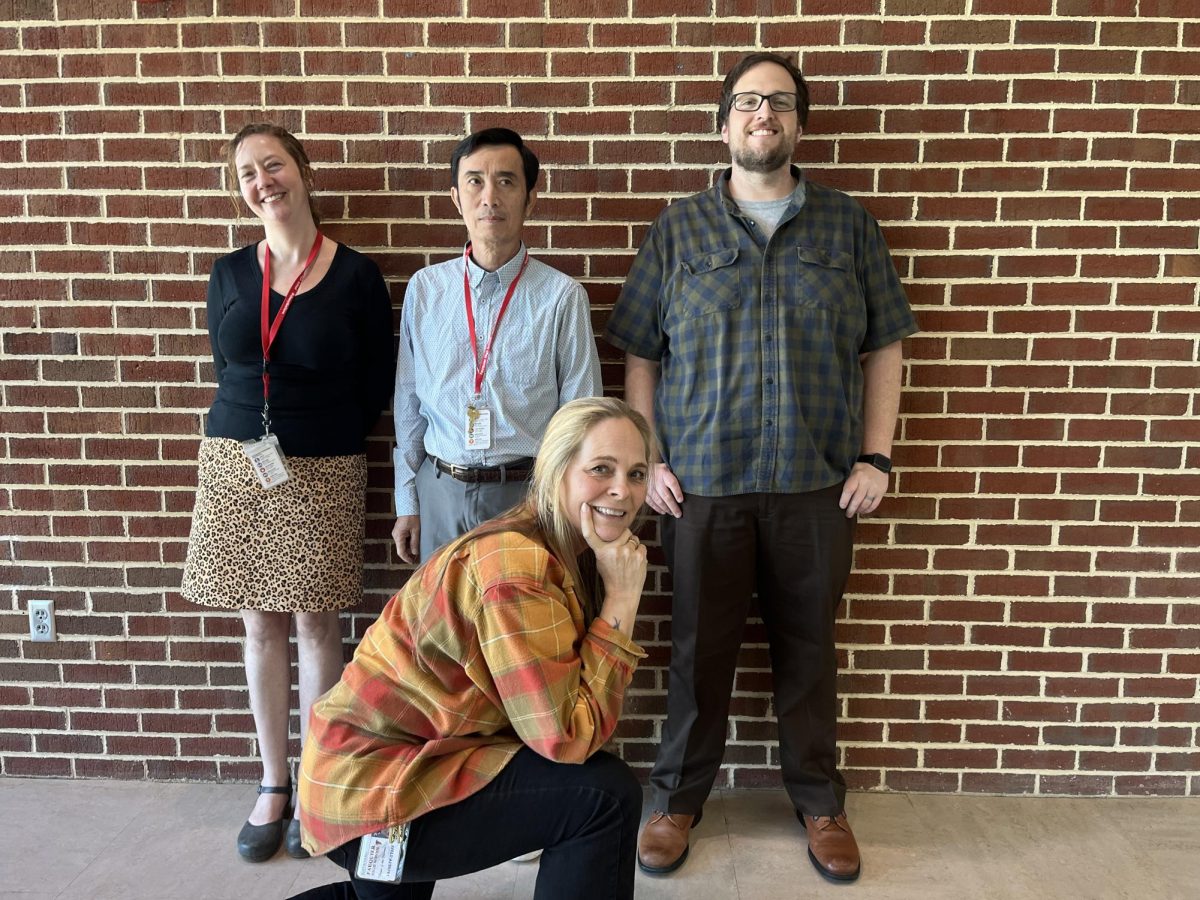It’s a perfect day; the skies are blue, the sun is out, not a cloud in the sky, and a light breeze too. But, in comes a smell, that senior Caleb Crane describes as an “unflushed toilet.” It’s even worse for FHS’ athletes who train outside. “Yeah, it stinks. Also it’s terrible when we’re training for track,” complained senior track member Lucas Wannemacher.
The source? FHS is built next to Warrenton’s Wastewater Treatment Plant. According to the town of Warrenton’s website, “The goal of wastewater treatment is to remove organic materials, suspended solids, nutrients (nitrogen and phosphorus) and pathogenic organisms which can harm human health and the environment.” This essential process is achieved through filtration and careful chemical balancing.
FHS chemistry teacher, Jacob Preli, offered an insight into the procedure. Before Preli was a chemistry teacher, he was an operator at a raw water treatment plant, which was similar to the wastewater facility near the school. Except, instead of releasing water directly into the watershed, the plant at which he worked focused on the water that went to homes. Preli shared that he was also familiar with the inner workings of the Warrenton plant because he had accompanied the environmental science classes on their tours of the facility in past years. According to Preli, “Most plants have a general process where they have a sedimentation basin. They want all the dirt to fall out.” To get all the dirt out, plants add a coagulant, usually PACI or Alum, to cling to any solids in the water. This causes them to sink to the bottom of the basin and ready to be removed.
As it turns out, the source of the smells students have complained of are these separated solids being burnt in an incinerator. Despite the horrid smells coming from this process, it’s for the betterment of vital local businesses. Preli said, “That ash that they make, they send it to farms locally because its extremely good fertilizer and its good fertilizer because they clean it at the plant.”
On top of this, at the distance between the wastewater treatment plant and FHS, Preli says these fumes are not harmful to students and staff. “It’s not the presence of or the lack thereof. A lot of people think in those binary terms but that’s not how it is. It’s how much you are breathing in. If you are half a mile away and I smell it, the concentration is not very high, whereas, if I’m standing at the smokestack, it’s way worse for me.”
In Preli’s mind, the real danger is improper disposal of medication. Treatment plants have trouble removing large particles from water, including the hormones from medications because of how much water they process. “We can actually do stuff to help the environment by not putting medicines in the drain, because that stays in the water and if that stays in the water, thats going back into the watershed and were going to re-drink that or it stays in the ash and grow into our food and we’re gonna eat it,” warns Preli. Leftover medicines can be turned into pharmacies and proper receptacles at supermarkets to be properly disposed of.
While smelling bad, the odor from the Wastewater Treatment Plant doesn’t pose a threat to FHS and represents an important part of conserving natural resources and supporting the businesses that keep society afloat. However, it remains a collective responsibility as citizens to ensure that these processes are not hindered by human action or laziness.






